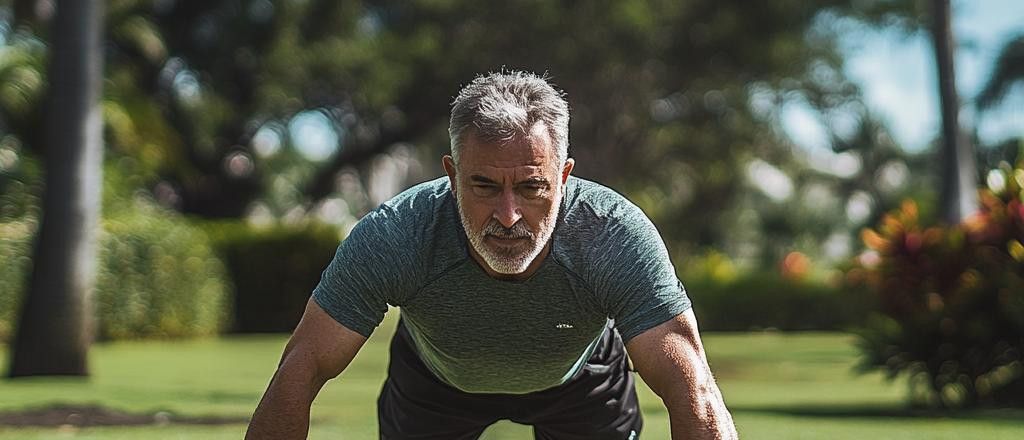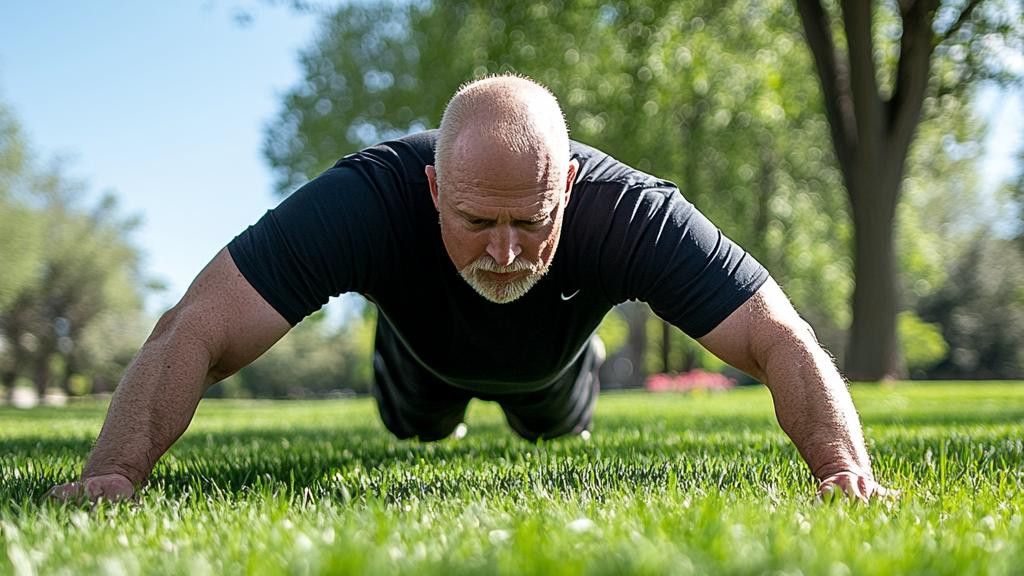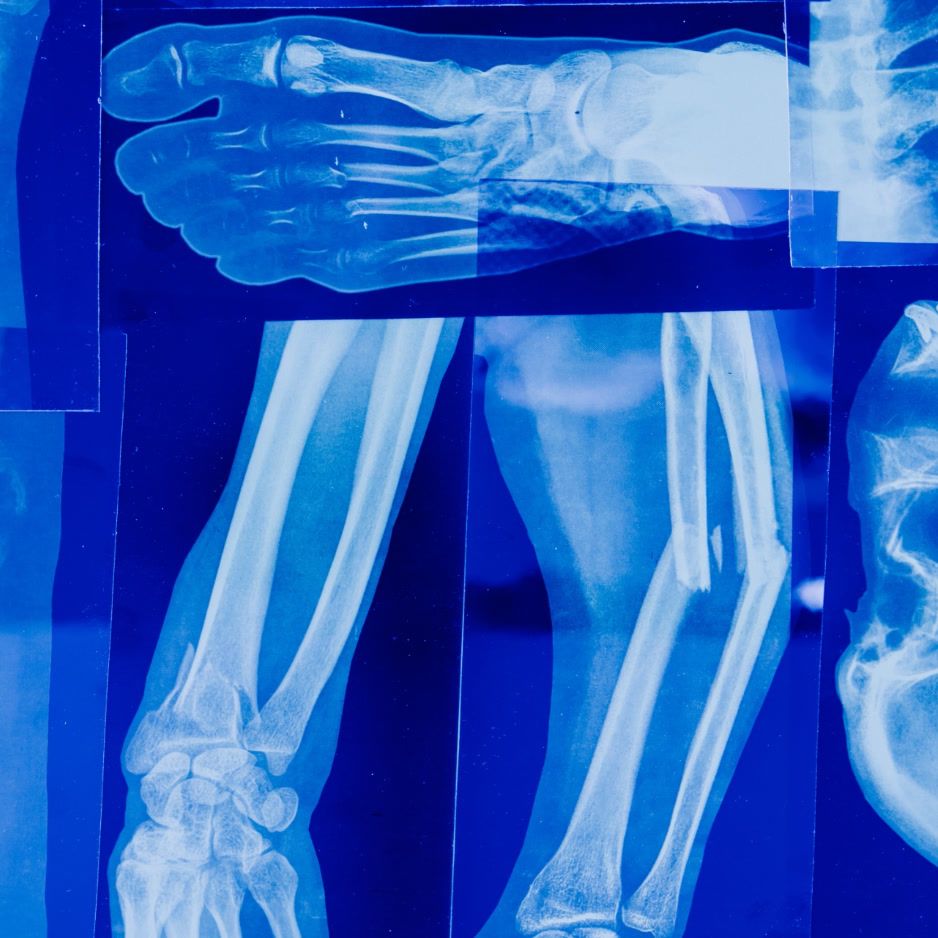Fitness for Middle-Aged Adults: Maintaining Strength and Vitality

Maintaining Well-Being as We Age
As we enter our years of life and beyond taking care of our well-being and energy levels becomes more crucial. This phase often presents obstacles like a gradual decrease in muscle strength and bone density. Nevertheless by adopting exercise routines, individuals, in their middle age group are able to sustain their physical prowess and overall wellness allowing them to carry on with vibrant and gratifying lifestyles.
Importance of Strength Training
Strength training is crucial for middle adults' fitness as they grow older due to the natural loss of muscle mass called sarcopenia that can cause reduced strength and mobility in daily tasks, making them harder to perform easily. Try adding strength training workouts like squats, lunges, push-ups, rows that focus on major muscle groups to combat this issue effectively. Try to engage in these workouts two or three times per week. Remember to include rest days in between to give your muscles a chance to recuperate and become stronger.

Benefits of Aerobic Exercise
Regular aerobic exercise is just as important as weight training for keeping your heart healthy and staying fit in general. Engaging in activities like walking or cycling can strengthen your heart and lungs by enhancing endurance. It’s recommended to aim for a minimum of 150 minutes of moderate intensity aerobic workouts weekly. You can split this time into sessions to make it more manageable; for example, 30 minutes daily, over five days. To maintain a habit, a routine is to engage in activities that you find enjoyable and incorporate them into your daily schedule consistently.
The Role of Flexibility and Balance
It's crucial for adults in their years to include flexibility and balance routines in their exercise regimen too! As we get older, our joints tend to get more rigid and balance can worsen, making us more prone to accidents and falls. Incorporating practices like yoga, Pilates, or tai chi can be really beneficial in improving flexibility and balance. Ultimately, this enhances our overall movement ability while lessening the chances of getting hurt. These exercises are also great for relaxation and stress relief which play a key role in boosting mental wellness.
Nutrition for Aging Well
Eating well is crucial for staying healthy and fit as you get older and reach age. Balanced meals that include proteins, strong whole grains, fresh fruits, and veggies are key to keeping your muscles in check and bones strong. Making sure you get calcium and vitamin D is vital for bone strength. So be sure to eat foods like dairy products, dark leafy greens, and fortified cereals. Don't forget to drink plenty of water; it keeps your energy up and helps your body function smoothly.
Listening to Your Body
Remember to pay attention to your body and make changes to your workout routine as necessary. If you feel any pain or discomfort while working out it's a good idea to seek advice from a healthcare provider or a qualified fitness instructor for support. They can assist in creating a fitness program that is tailored to your requirements and objectives.
Mental and Emotional Health
Keep in mind that staying strong and healthy as you approach age goes beyond just physical exercise; your mental and emotional health are also crucial factors to consider. Make sure to participate in activities that make you happy and help you unwind. Whether it's spending quality time with family and friends or indulging in hobbies that bring you pleasure. Don't forget to practice mindfulness and meditation to nurture your peace and well-being.
A Holistic Approach to Fitness
Taking an approach to fitness that encompasses strength training and cardio workouts alongside flexibility exercises and balance training can help middle-aged individuals maintain their physical strength and overall well-being effectively when combined with a wholesome diet and mental wellness practices.


